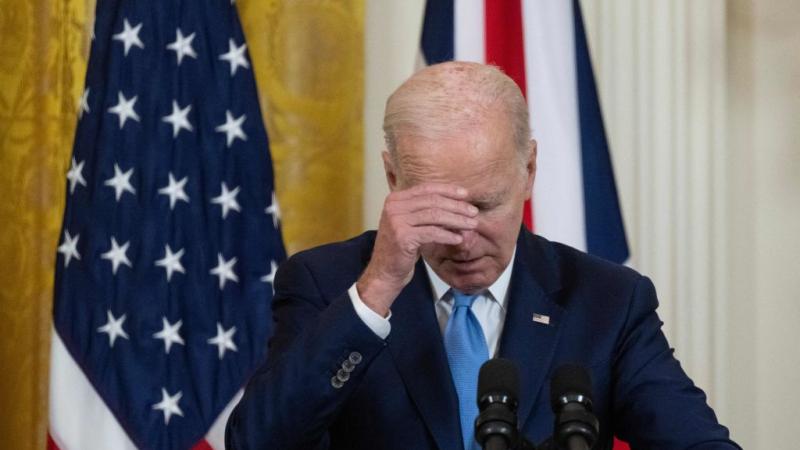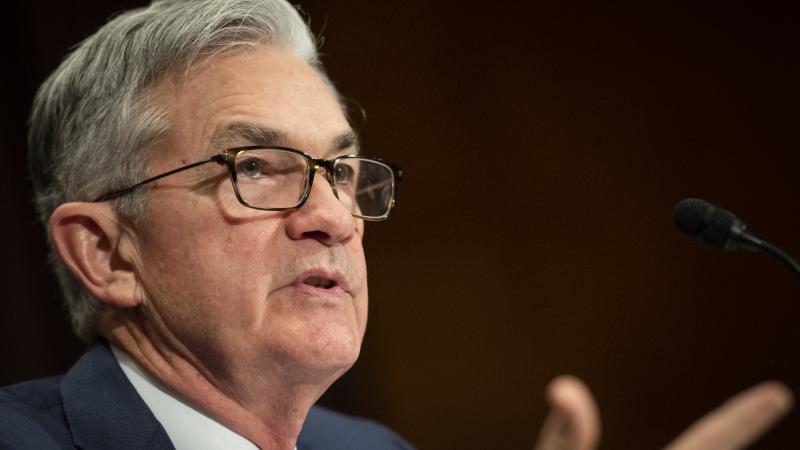Reporters substitute opinion for journalism in Republican convention coverage
Lines blurred between reporting and commentary.
As the 2020 Republican National Convention heads toward its conclusion Thursday night, media coverage of the event — and in particular of the president headlining it — has in many notable cases eschewed neutral, fact-based reporting in favor of something more akin to sly editorializing.
A barrage of biased news reports presented as fact-based journalism over the last few days may afford a preview of an election season sure to test the professional distance of journalists who have struggled throughout the years to report objectively and impartially on the Trump administration and, especially, the president himself.
Such bias was seen, for example, at The Hill, where reporter Niall Stanage on Wednesday claimed that the Republican National Convention is attempting to "detoxify Trump," with Republicans struggling to prove that the president "isn't a racist, a sexist or a xenophobe."
"The GOP is having to spend a lot of time trying to prove what Trump isn't," Stanage wrote, "an effort that tells its own story about negative perceptions of the president and the degree to which he is languishing in the polls."
On Wednesday, meanwhile, multiple media outlets, including the Huffington Post and the Daily Beast, appeared to surreptitiously advance a rumor that Donald Trump, Jr., had been high on cocaine during his Tuesday speech at the convention. "Donald Trump Jr. Denies RNC Speech Was Fueled by Cocaine, Blames Lighting for Sweaty Head," the Beast reported. The rumor had earlier been promoted by numerous commentators, including "Late Show" host Stephen Colbert.
Elsewhere on Wednesday, Associated Press Washington Bureau Chief Julie Pace wrote that the convention is attempting to "airbrush Trump's tenure." Pace argued that Republicans were working to downplay "some of the darker and more controversial episodes of Trump's nearly four years in office," including Trump's allegedly being "the architect of some of the nation's harshest anti-immigration policies" as well as purportedly "stoking divisions" between races.
Pace specifically referred to a segment showcasing Trump "jovially congratulating five immigrants as they were sworn in as new American citizens," which she portrayed as an instance of the president "creating an alternate reality," one in which he welcomes new immigrants rather than trying to scare off illegal border crossers by taking children away from their parents.
At The New York Times, reporter Michael Shear echoed that assessment, arguing that Trump's "explicit claim that he loves and appreciates immigrants stands in stark contrast to his record over the past four years, during which he has repeatedly pursued anti-immigrant policies, often fueled by xenophobic language."
The charge that Trump employs "xenophobic" rhetoric reflects a growing journalistic tendency to label people or actions as racist or bigoted regardless of underlying intentions. The Associated Press stylebook informs journalists that determining whether to call someone's actions racist "need not involve examining the motivation of the person who spoke or acted."
Journalists can also, the stylebook advises, use terms like "xenophobic" to describe actions and statements that "do not meet the definition of racist or racism."
















